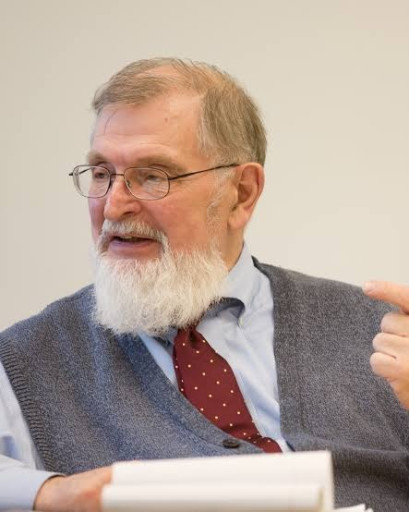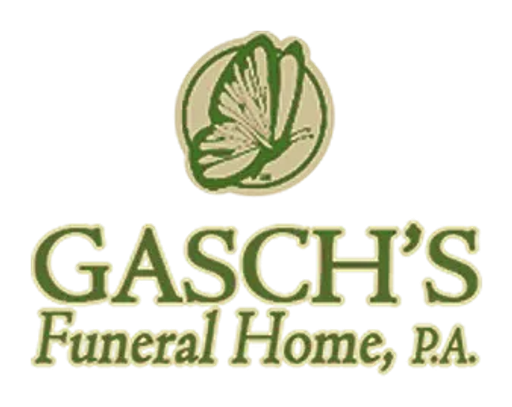

David L. Schindler
September 16, 1943 — November 16, 2022
David Louis Schindler was born in Grand Rapids, Michigan, on September 16, 1943, the second of five in a farming family, known especially for their apple trees. While he was young, his father, Edgar Charles (“E.C.”) Schindler, and his mother, Juanita (née Esch) decided to try their fortunes out west and so moved to the Seattle area, which is where David grew up. His father was very successful as an entrepreneur and founded a number of companies. The most prominent was Baden Sports, which has remained in the Schindler family.
Schindler attended Seattle Prep High School, where his Jesuit teachers inspired in him a desire to find God in all things, which became the driving passion of his life. Upon graduation, he entered the Jesuit seminary, where he formed deep and lasting friendships with such men as Joseph Fessio, SJ, his rival on the basketball court. In seminary, Schindler received a transformative education in philosophy and theology, and although he did not remain in the Jesuits, this education determined the rest of his life.
In 1968, he married Stella Modrijan, of Kenosha, Wisconsin with whom he had three children. (The marriage was later annulled.) Schindler received a Weaver Fellowship to do doctoral study in the philosophy of religion, under renowned scholar John Cobb, Jr., at Claremont College, and then a Fulbright Scholarship to do research in Innsbruck, Austria, for his dissertation, which he defended in 1976. His first teaching position was at Mount St. Mary’s College, in Emmitsburg, MD, where he was given tenure and promoted to the chair of the department in just three years. In 1979, he decided to leave Emmitsburg for the University of Notre Dame. The latter was especially attractive to him, not only because he was a college football fan, but also because the position was in a Great Books department, the “Program of Liberal Studies” (known then as the “General Program”). This allowed him to pursue his broad intellectual interests, which did not easily fit a specialized department. He ended up teaching at Notre Dame for thirteen years, receiving tenure in 1985.
While still a graduate student in California, he received a telephone call from his friend, Fr. Fessio, about the founding of a new, international journal of Catholic thought and culture in the wake of Vatican II, a journal that would aim to avoid the extremes of both a rigid traditionalism and unmoored progressivism. Schindler eagerly joined the project, serving as an assistant editor of the North American edition of Communio: International Catholic Review until elected Editor-in-Chief, a position he held from 1982 until his death, forty years later. This work brought Schindler into regular contact with some of the great Catholic thinkers of the last century—Hans Urs von Balthasar, Henri de Lubac, Karol Wojtyla (John Paul II), and Joseph Ratzinger (Benedict XVI), among others—and the journal became the principal venue for his own writing.
Perhaps the most significant moment in this theological work was his debate with the “Catholic Neoconservatives,” George Weigel, Richard John Neuhaus, and Michael Novak, three of the most prominent Catholic writers in America at the time. Beginning with a Communio article appearing in 1987, Schindler raised fundamental questions about these writers’ efforts to show a special affinity between the American project and the Catholic faith. The article provoked a strong response, and a long discussion ensued, mostly among conservative Catholics. Over the course of the debate, Schindler deepened his critique of the Neoconservative interpretation of the American Founding into a fundamental assessment of modern political theory from the perspective of a theological metaphysics. His became a classic Catholic critique of liberalism, presupposed by a great deal of the post-liberal theorists working today.
The high point of Schindler’s work on this score is no doubt his 1996 book, Heart of the World, Center of the Church: Communio Ecclesiology, Liberalism, and Liberation, which has remained a reference point for many. Over the course of his life, he published two other books, edited or co-edited several more, and wrote eighty quite substantial articles. His writing, translated into 9 languages, inevitably sought to address cultural questions, such as science and technology, and gender ideology, at their deepest ontological roots. He worked relentlessly to “keep the world awake to God,” showing that “God and the love of God revealed in Christ through the Church must make a difference to everything, to every entity and every act, including every human cognitive and voluntary act, all the time. Nothing in the cosmos is or can be indifferent to God or indeed love, ultimately to the love of God as revealed in Jesus Christ through the Church.”
In 1992, while still at Notre Dame, Schindler accepted a call to teach at the Washington, D.C. session of a newly-founded international institute in graduate theology, named The John Paul II Institute for Studies on Marriage and Family, as the inaugural occupant of the Eduoard Cardinal Gagnon Chair in Fundamental Theology. In 2000, he was asked to take over as Dean of the Institute, and introduced a wholly new curriculum, many new faculty, and eventually a new civilly-accredited PhD program, watching over the Institute’s move to its definitive home on the campus at Catholic University. The Institute became his spiritual and intellectual home. A great community of scholars and students have gathered around his distinctive vision of reality, the person, and human relations, to God and to others, a vision he communicated not only through his teaching, speaking, and writing, but also through his radiant way of being. Søren Kierkegaard once said that, when speaking about the truth, one must “gesticulate with one’s whole existence.” For Schindler, there was no question that did not ultimately concern the truth as a whole; he brought the whole of himself to bear on everything he thought about, and every reality that captured his interest.
It was his privilege to enjoy friendships with some of the great hearts and minds of his time: from founders of religious movements (such as Luigi Giussani and Chiara Lubich), to scientists, artists, and writers (such as physicist David Bohm, painter William Congdon, and poet-farmer Wendell Berry), to public intellectuals (such as Russell Kirk and Brent and Patricia Bozell), to philosophers and theologians (such as Hans Urs von Balthasar, Frederick Wilhelmsen, Norris Clarke, and Kenneth Schmitz), to countless men of the Church (such as Benedict XVI, Cardinal Stafford, Cardinal Scola, and Joseph Fessio). He felt most at home with those preoccupied with the meaning of life and the fundamental questions of human existence. Although he had connections with well-known individuals, at public events or social gatherings he typically gravitated not toward the “important” people, but toward those who might consider themselves to be “nobodies,” but who were open to entering into genuine conversation. He was especially attracted to those capable of wonder—and therefore to geniuses and the simple, not so much to high-ranking figures. Without doubt, his greatest joy in life was conversation about the things that matter, with people who took those things seriously.
Schindler passed away on November 16, 2022, after a brief but intense struggle with Alzheimer’s, which put stress on an already weak heart—a heart that was exhausted after a life-time of wrestling with the great problems of the age. He was preceded in death by his mother and father, and his two brothers, Michael and James. He is survived by two sisters, Barbara and Patricia, his daughter Stella, his two sons, David Jr. and Bryan, four grandchildren, and countless colleagues and students whose lives have been changed by his teaching and his profound and manifest love for Christ and his Church.
Service Schedule
Past Services
Viewing
Friday, December 2, 2022
12:00 - 2:00 pm (Eastern time)
St. Jerome's Catholic Chuch
Mass
Friday, December 2, 2022
2:00pm - 3:00 am (Eastern time)
St. Jerome's Catholic Chuch
Guestbook
Visits: 713
This site is protected by reCAPTCHA and the
Google Privacy Policy and Terms of Service apply.
Service map data © OpenStreetMap contributors


